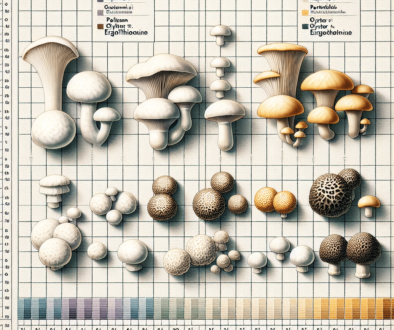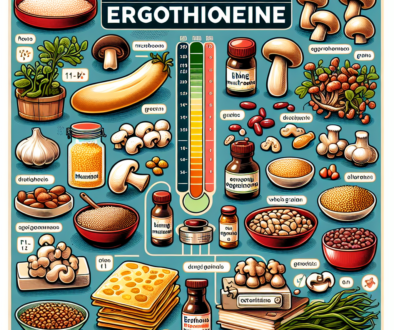Pea Protein and Digestive Health: Constipation Risk?
-
Table of Contents
Pea Protein and Digestive Health: Constipation Risk?

Pea protein has gained popularity in recent years as a plant-based alternative to animal-based protein sources. It is derived from yellow peas and is known for its high protein content, amino acid profile, and allergen-free nature. However, there have been concerns about its impact on digestive health, specifically its potential to cause constipation. In this article, we will explore the relationship between pea protein and digestive health and examine whether there is a real risk of constipation.
The Role of Fiber in Digestive Health
Fiber plays a crucial role in maintaining a healthy digestive system. It adds bulk to the stool, promotes regular bowel movements, and prevents constipation. Most plant-based protein sources, including peas, are rich in dietary fiber. Pea protein, however, is a processed form of peas that undergoes extraction and isolation, which may affect its fiber content.
Fiber Content in Pea Protein
While pea protein is lower in fiber compared to whole peas, it still contains a significant amount of fiber. On average, pea protein powder contains around 2-3 grams of fiber per serving. This amount may vary depending on the brand and processing methods. Although it is lower than whole peas, pea protein can still contribute to your daily fiber intake.
Hydration and Digestive Health
One of the main reasons for constipation is inadequate hydration. When fiber absorbs water, it adds bulk to the stool and helps it move through the digestive system smoothly. If you consume pea protein powder without sufficient water intake, it may lead to dehydration and potentially contribute to constipation.
It is important to note that this is not specific to pea protein alone. Inadequate hydration can cause constipation regardless of the protein source. Therefore, it is crucial to drink enough water throughout the day, especially when consuming protein powders.
Combining Pea Protein with Fiber-Rich Foods
If you are concerned about the fiber content in pea protein, you can easily compensate by incorporating fiber-rich foods into your diet. By combining pea protein with fruits, vegetables, whole grains, and legumes, you can ensure an adequate intake of fiber and promote healthy digestion.
Case Studies and Research
Several studies have examined the effects of pea protein on digestive health. One study published in the Journal of Food Science and Technology found that pea protein supplementation did not cause any adverse effects on bowel movements or digestive symptoms in healthy individuals.
Another study published in the Journal of the International Society of Sports Nutrition compared the effects of pea protein and whey protein on digestive health in athletes. The study found no significant differences in bowel movements or constipation symptoms between the two protein sources.
Summary
Pea protein is a valuable plant-based protein source that offers numerous health benefits. While it may contain less fiber compared to whole peas, it still contributes to your daily fiber intake. To prevent constipation, it is important to stay hydrated and incorporate fiber-rich foods into your diet. Additionally, research and case studies have shown no significant negative effects of pea protein on digestive health.
About ETprotein
ETprotein is a reputable protein Chinese factory manufacturer and supplier, known for producing, stocking, exporting, and delivering the highest quality organic bulk vegan protein and plant proteins. Their offerings, including pea protein, cater to a diverse range of industries such as nutraceutical, pharmaceutical, cosmeceutical, veterinary, and food and beverage. With a focus on quality and customer satisfaction, ETprotein is a trusted company by leading global food and beverage brands and Fortune 500 companies.
For more information or to sample their products, please contact ETprotein at sales(at)ETprotein.com today.














